Question And Answer
Publications
Articles, publications, books, tools and multimedia features from the U.S. Institute of Peace provide the latest news, analysis, research findings, practitioner guides and reports, all related to the conflict zones and issues that are at the center of the Institute’s work to prevent and reduce violent conflict.
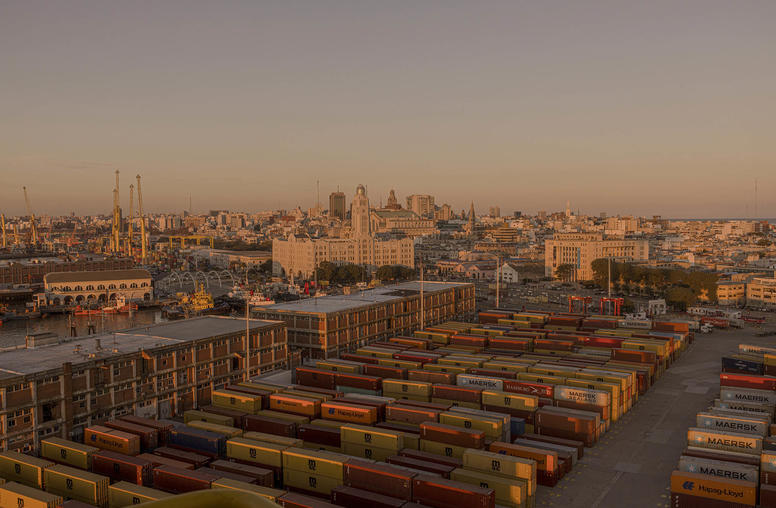
How Should the U.S. Respond to China’s Influence in Latin America?
On August 21, the Central American Parliament — a regional body representing Guatemala, El Salvador, Honduras, Nicaragua, the Dominican Republic and Panama — voted to expel Taiwan as a permanent observer and replace them with the People’s Republic of China (PRC).

¿Cómo deberían responder los Estados Unidos a la influencia China en América Latina?
El 21 de agosto, el Parlamento Centroamericano – organismo regional regional que representa a Guatemala, El Salvador, Honduras, Nicaragua, la República Dominicana y Panamá – votó a favor de expulsar a Taiwán como observador permanente y sustituirlo por la República Popular China (RPC).
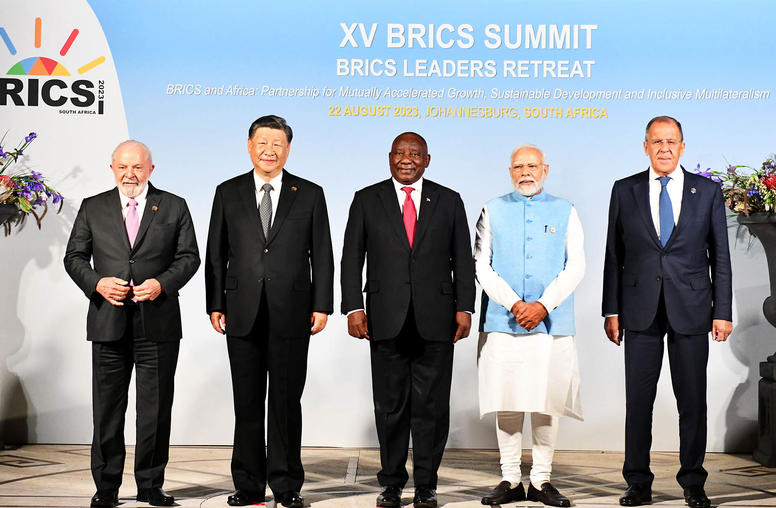
Why the BRICS Summit Could Be a Big Deal
The leaders of the so-called BRICS (Brazil, Russia, India, China and South Africa) are gathering in Johannesburg this week in what is likely to be pivotal meeting for the bloc’s trajectory. Russian President Vladimir Putin will not be attending due to an International Criminal Court warrant. But Moscow and Beijing will be pushing for the group’s expansion in a bid to strengthen the bloc as an alternative to the U.S.-led liberal international order. Over 40 countries have applied to join. But there is division within the five members. Brazil and India fear that expansion will dilute their influence and impact their nonaligned foreign policies.

Dean Cheng on China-Philippines Confrontations in the South China Sea
Tensions between China and the Philippines over control of Second Thomas Shoal have become the focal point of China’s increasingly aggressive efforts to assert dominance over the South China Sea, says USIP’s Dean Cheng: “Essentially what [China] is saying is that huge swath of ocean … is somehow Chinese waters.”
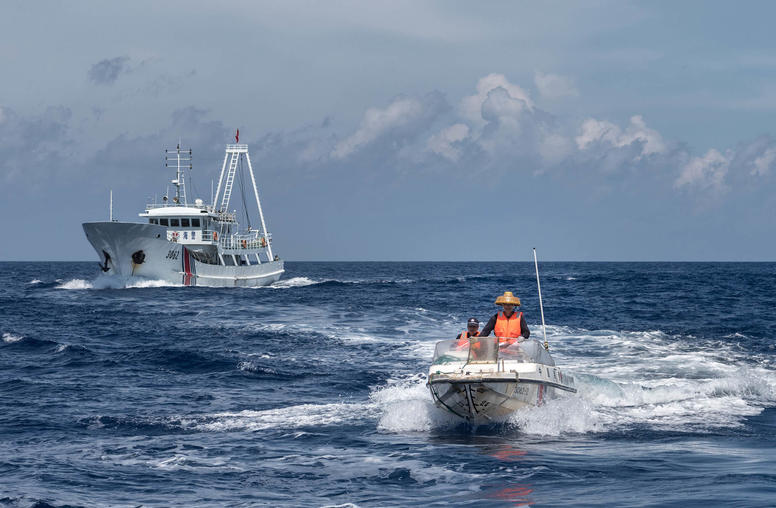
How Should the U.S. Respond to China’s Brazen Pursuit of Spratly Islands Claim?
In recent weeks, the People’s Republic of China (PRC) has dispatched ships and other maritime forces to the disputed Spratly islands near the Philippines. The goal has been to coerce the Philippines into withdrawing from the contested Second Thomas Shoal, effectively ceding it to the PRC. China’s actions are in defiance of the international Permanent Court of Arbitration’s findings that undermine PRC claims to the Spratlys. They therefore constitute a serious challenge to the international rules governing maritime conduct, as well as to broader peace and stability in the South China Sea, through which enormous amounts of global trade flow.
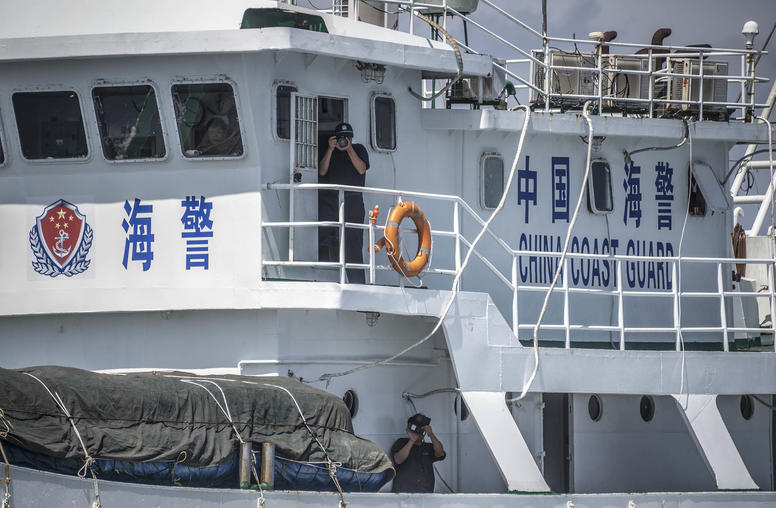
Five Flashpoints in the Philippines-China Relationship
The flashpoints should be viewed against the backdrop of China’s new coast guard law, which took effect on February 1, 2021. Under this new coast guard law, China’s Coast Guard is authorized “to use all necessary measures including the use of weapons” to enforce China’s territorial and maritime claims, in the South China Sea, the East China Sea and the Yellow Sea.
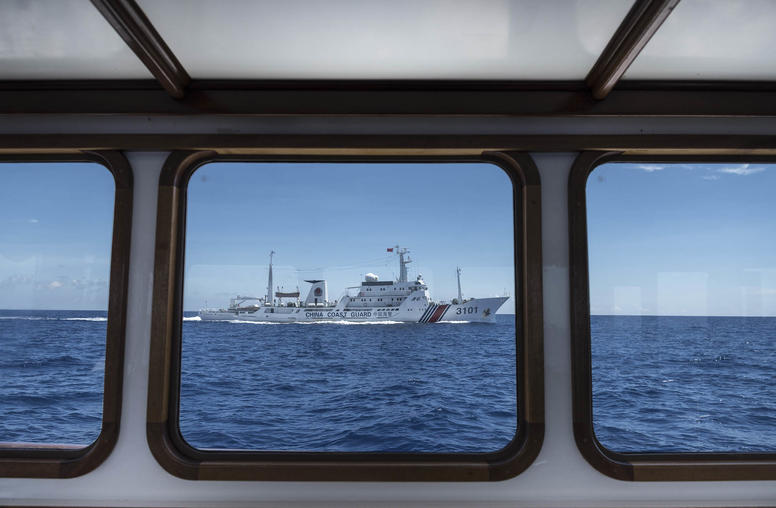
China, Philippines Tensions Risk Wider Conflict that Could Draw in the U.S.
In yet another act of Chinese aggression in the South China Sea, a Chinese Coast Guard vessel employed a water cannon last weekend to redirect an unarmed Philippines Navy supply boat. The incident took place in disputed waters near the Second Thomas Shoal. China claims the shoal and nearly all of the South China Sea as its own, but an international court has said both the shoal and surrounding waters belong to the Philippines.
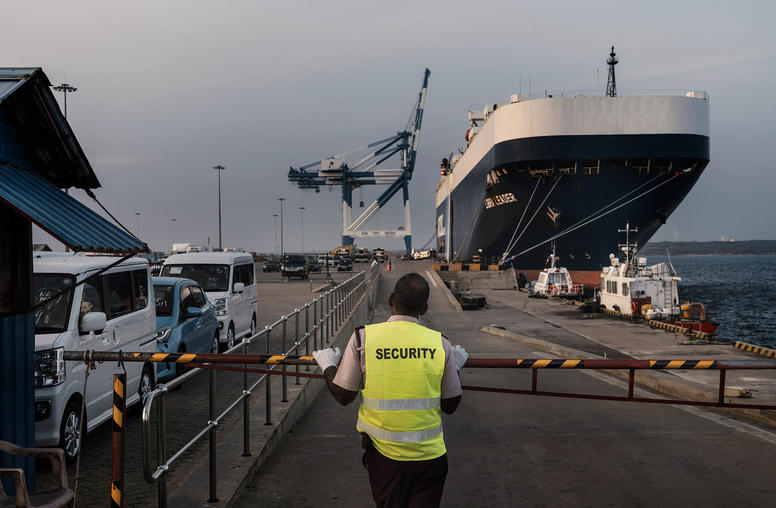
Indian Ocean Basing and Access: How Smaller States Navigate Major Power Competition
In late July, Sri Lankan President Ranil Wickremesinghe traveled to New Delhi to meet with Indian Prime Minister Narendra Modi. The trip addressed several important issues, such as greater connectivity. However, there was one item on the agenda that did not receive much media attention despite its potential impact on Indian Ocean regional security: Sri Lanka’s new standard operating procedure (SOP) to determine which military and non-military ships and aircraft may visit the country.
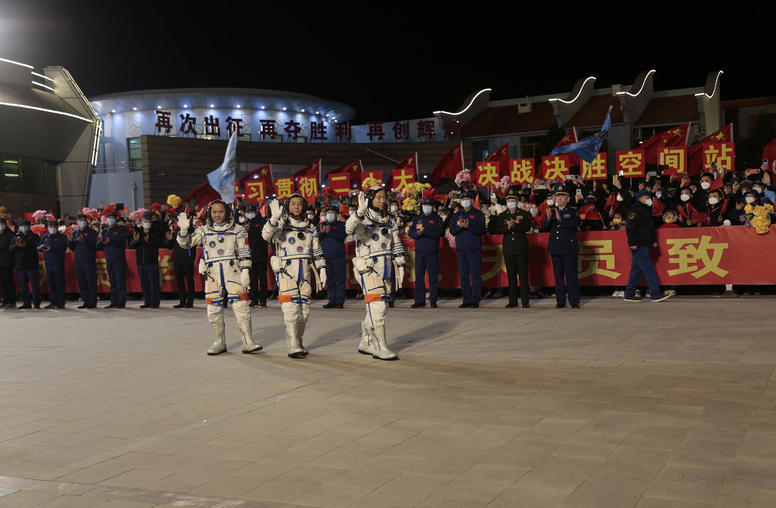
China and Space: The Next Frontier of Lawfare
The People’s Republic of China (PRC) is one of the most thoughtful practitioners of legal warfare or “lawfare.” For PRC planners, especially those in the People’s Liberation Army (PLA), legal warfare is an integral part of the larger effort of “political warfare.” Indeed, legal warfare is embedded in the Chinese conception of political warfare.
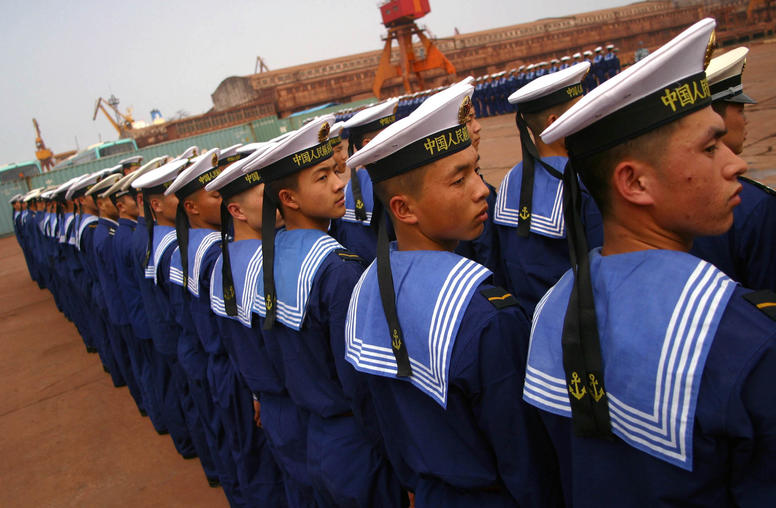
Five Things to Know About China’s Armed Forces
The People’s Liberation Army, which celebrated its 96th birthday on August 1, is one of the largest, most potent and fast-growing militaries in the world. Chinese leader Xi Jinping has made it a goal for the PLA to “modernize” by 2035 and to be a “world-class” military power by mid-century. In 2014, China’s Navy overtook the U.S. Navy to become the largest military fleet in the world — although the U.S. Navy is still considered to be more powerful. While China is notoriously opaque about its level of defense spending, it is widely believed that China has the largest defense budget in the world other than the United States.